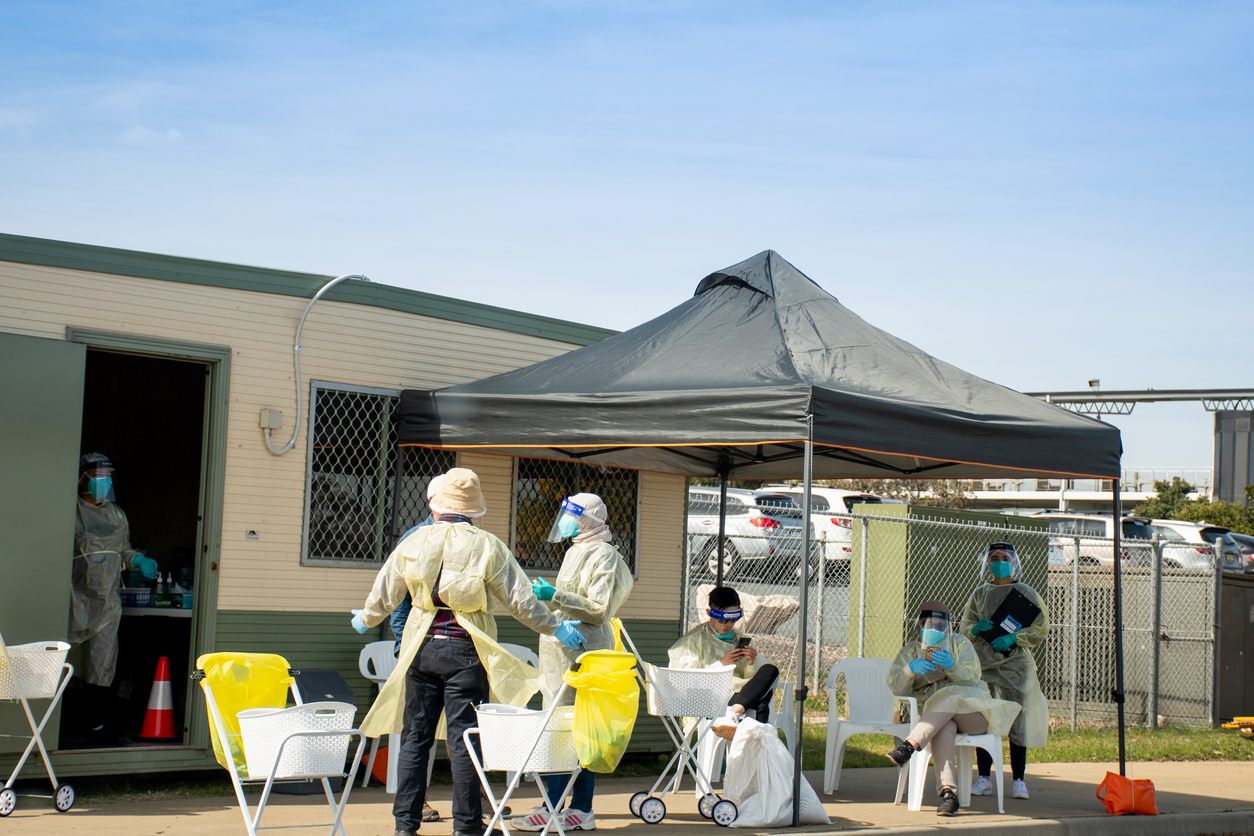For the second time this week, NSW recorded no new locally acquired cases of COVID-19 in the 24 hours to 8pm last night.
There were two cases recorded in returned travellers, bringing the total number of COVID-19 cases in NSW since the beginning of the pandemic to 4,856.
Testing numbers fell again yesterday, with 16,070 tests conducted, compared with the previous day’s total of 20,437.
“While two days without any locally acquired cases is encouraging, it is likely that COVID-19 is continuing to circulate in the community among people who have mild or no symptoms,” NSW Health said in a statement.
“We must continue to do our utmost to detect every case of COVID-19, as this means the case can isolate appropriately, which prevents the virus being passed on to others.
“To detect cases in the community effectively, we need to see higher testing numbers. This is particularly important in Sydney’s west, south-west and northern beaches, as well as Wollongong, because of recent cases who have been in these areas.
“The best thing any of us can do for our families, friends and communities is to get tested immediately if we experience any cold- or flu-like symptoms, no matter how mild, then isolate until a negative result is received.”
People in Sydney’s north-west are being asked to be extra vigilant when it comes to symptoms after NSW Health’s ongoing sewage surveillance program overnight detected fragments of the virus that causes COVID-19 at a treatment plant in West Hornsby, which takes in a catchment of nearly 58,000 people.
“While this could reflect known returned travellers in the area, everyone living or working in Glenorie, Wahroonga, Thornleigh, Pennant Hills, Cherrybrook, Castle Hill, Galston, Dural, Westleigh, Glenhaven, Waitara, Hornsby, Normanhurst and West Pennant Hills should monitor for symptoms and get tested and isolate immediately if they appear,” NSW Health said.


